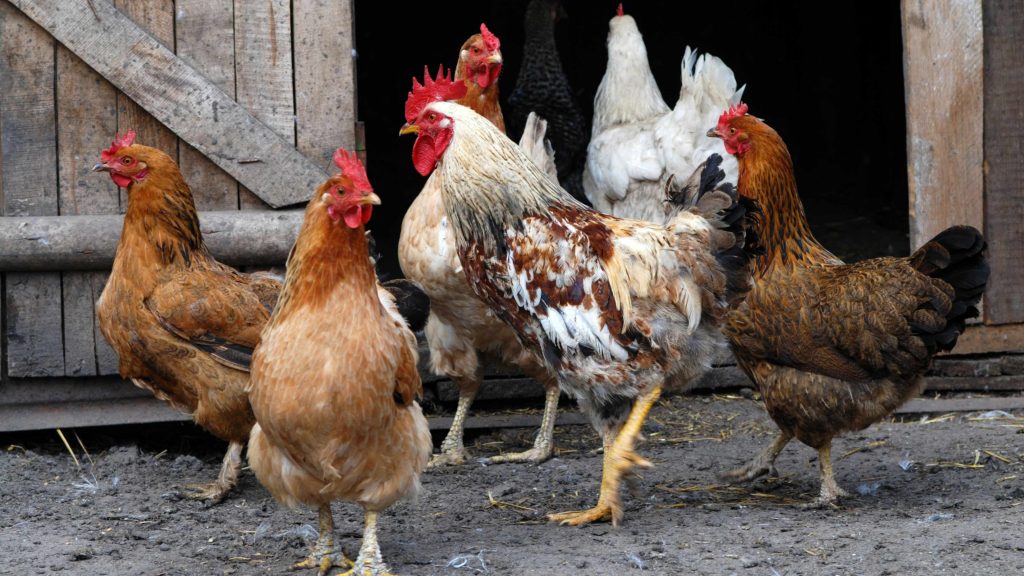-
Infectious Diseases A–Z: Salmonella outbreaks linked to backyard chickens

Outbreaks of salmonella infections are being linked to contact with an increase in backyard chickens, ducks and other poultry, according to the Centers for Disease Control and Prevention (CDC).
"Salmonella is a bacteria that is often present in the intestinal tract or in the GI tract," says Dr. Summer Allen, a family medicine physician at Mayo Clinic. "An infection with salmonella for patients will often appear like a stomach bug or stomach flu-type symptoms. People can develop fever. They can develop diarrhea and abdominal cramping that can be pretty significant for them."
Salmonella infections linked to backyard chickens have been reported in 41 states. The CDC says the poultry can carry the bacteria but appear healthy and clean and show no signs of illness.
Watch: Dr. Summer Allen discusses salmonella infection.
Journalists: Broadcast-quality sound bites with Dr. Summer Allen are in the downloads at the end of the post. Please "Courtesy: Mayo Clinic News Network."
"We've encouraged people who have chickens in their backyard or maybe going to some of the farms in the community and visiting, to make sure that they wash their hands after touching the chickens or the ducklings," says Dr. Allen. "For those that have poultry at their home, keep separate shoes or boots to wear around chicken area, use gloves when handling the chickens and keep those items outside to decrease chances of exposure to the bacteria."
To avoid salmonella infection, you should:
- Wash hands with soap and water or use hand sanitizer after touching chickens or other poultry.
- Do not let chickens into the house.
- Do not let children under age 5 handle chickens.
- Discourage hugging, kissing or holding chickens.
- Wear separate footwear outside.
Symptoms and treatment
- Nausea
- Vomiting
- Abdominal cramps
- Diarrhea
- Fever
- Chills
- Headache
"For those who develop diarrheal symptoms or have diarrhea, fever, abdominal cramps from potential exposure to salmonella or stomach flu, we strongly encourage people to focus on hydration and make sure they're drinking plenty of fluids," says Dr. Allen. "If someone feels they're dehydrated, severely unable to keep fluids down, and they need to seek medical attention or have a condition that compromises their immune system, then they may need antibiotics.But for most of us, this will resolve on its own."







